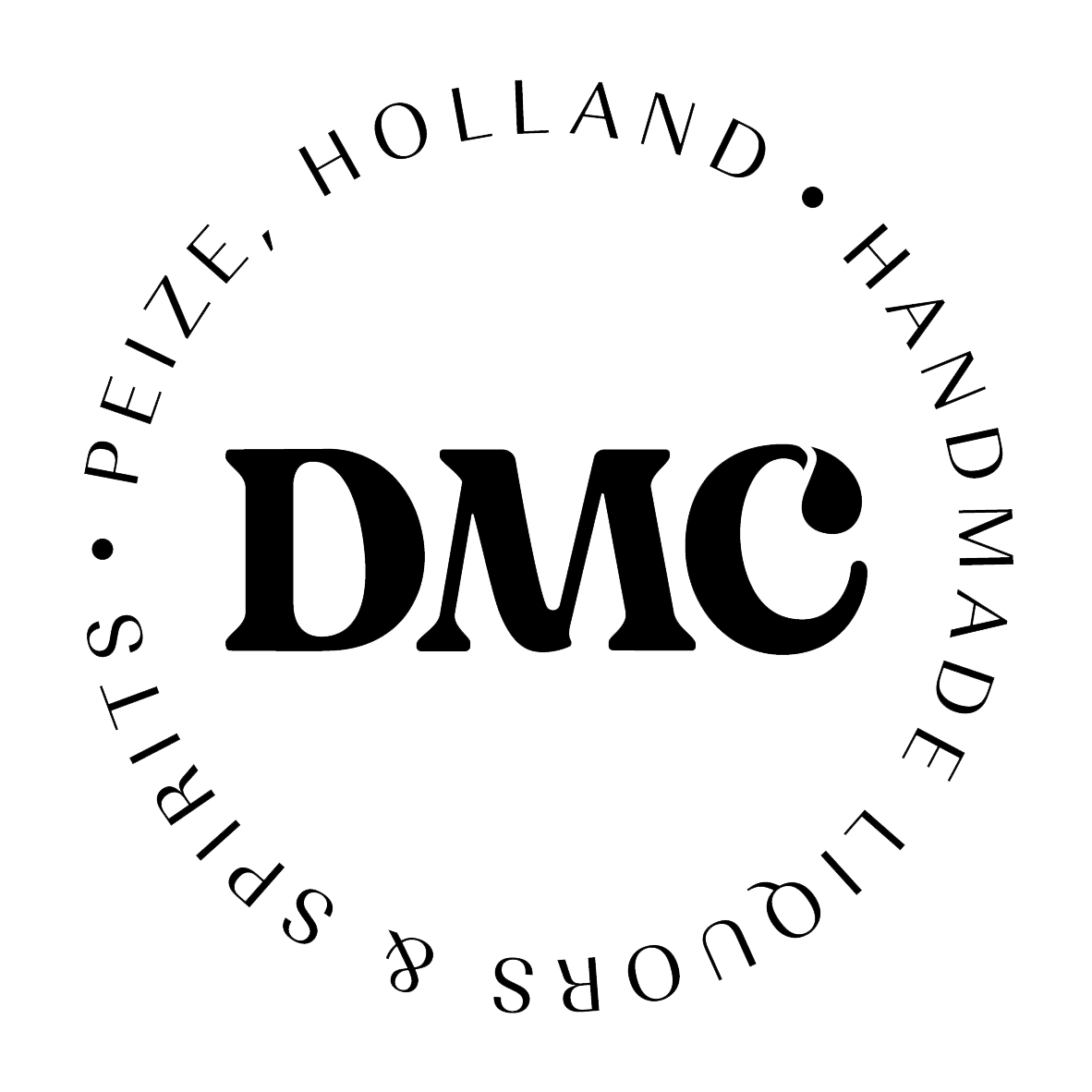Porting tokenized loyalty points from one program to another and across blockchains is possible with Web3. Contract signing, payment issuing, and other operations are covered by smart contracts. Customers are free to decide how they want to apply their loyalty points to purchases by choosing between 3 types of spending rules, including fixed discounts, flexible discounts, and fixed price items.

Blockchain rewards are expected to be particularly popular with younger customers since nearly 20 percent of millennials own digital currency and are increasingly comfortable with the concept. The miles-based digital wallet enables members to convert KrisFlyer miles into https://globalcloudteam.com/ KrisPay miles instantly for everyday spending at partner merchants island-wide. The platform allows members to choose from using as little as 15 KrisPay miles (equivalent to about S$0.10) to pay for their purchases at partner merchants, either partially or in full.
Blockchain Rewards Programs Increase Customer Flexibility
Most people are familiar with loyalty programs such as Air Miles, Aeroplan, and the various loyalty programs offered by big chains such as Costco and Starbucks. It is ubiquitous across retail, travel, financial services, and other economic sectors. The 2015 Colloquy Loyalty Census reported that the average US household participates in 29 different https://globalcloudteam.com/how-to-program-blockchain-basic-steps-for-business-owner/ loyalty programs on average. Usually these programs involve point systems and redemption options, but the process for exchanging points among program partners can be cumbersome – until blockchain comes in the picture. Companies analyzing the impact of customer loyalty programs on the bottom line identified the above as a serious problem.

When a new digital transaction occurs , a unique algorithm-generated token is created and assigned to that transaction. Starbucks is today officially introducing Starbucks Odyssey, launching later this year — the coffee chain’s first foray into building with web3 technology. These are five startups offering blockchain technology that can be used for customer loyalty programs. Reward points are a kind of currency as well, and blockchain technology lends itself well to enhancing points-based loyalty programs. One advantage of a blockchain-based loyalty program is that points can be created, redeemed, and transferred instantaneously between programs, vendors, and platforms. They’ve applied the principles of cryptocurrency and blockchain to create a new kind of loyalty program that’s free from the limitations of today’s programs.
A New Approach to Customer Data
Blockchain-based loyalty programs can be used to track and manage loyalty points across multiple loyalty programs. For businesses, loyalty programs can help increase sales and repeat business. For customers, loyalty programs provide an incentive to keep patronizing a particular company. As a business owner, you should aim to offer your community the best possible brand experience with a rewards program that works for both parties. In the end, it is lasting customer loyalty that generates the best results. Blockchain also would enable businesses to break out of the mold of narrowly defined, one-size-fits-all programs and redemption processes filled with customer hassles.
This frictionless experience enables real-time rewards and minimizes human error. The most important thing to remember is that a blockchain creates transparency and security across many independent participants thanks to the immutability of data. This makes it an effective option for brands that want to earn and maintain the trust of their customers through relationship-building loyalty programs. The idea is to reward loyal customers with brand tokens that are managed and secured on the blockchain. Although the technology is still in its infancy, more and more brands are realizing its capabilities in revolutionizing different facets of our lives, including the customer experience. In particular, blockchain rewards programs are reinventing customer loyalty and the way that brands grow their business in the Web3 era.
The Blockchain Revolution for Crypto Rewards: the Future of Loyalty Programs
Brave is a fast, open source, privacy-focused browser that blocks ads and trackers, and contains a ledger system that anonymously measures user attention aggregate to accurately reward publishers. A decentralized virtual gifting protocol to incentivize and monetize content generation for individuals worldwide. Virtual gifting is a highly effective monetization method for content creators. In 2017, Uplive, AIG’s live streaming platform generated more than USD 100 MM in revenue through virtual gifting. GIFTO aims to take the gifting model within live streaming and implement it across platforms globally, including YouTube, Instagram and Snapchat. BLiNQ Networks is a pioneer manufacturer of CBRS-certified fixed access and mobile broadband wireless equipment, providing industry-leading price & performance in LTE and 5G-ready solutions.

A virtual infrastructure where users can buy and rent apartments as NFTs and customize those. From the idea to the end product — Aetsoft accompanies you at every stage of blockchain development, making the entire process smooth. If you need additional support or business advice, we’ll give you our professional consultation. Contact us now, and we will build a bespoke DLT-based solution with the same automation functionality.
Find out which brands are offering NFT rewards
The result is a maze of point systems and redemption options, together with cumbersome processes for exchanging points among program partners. Loyalty programs are ripe for innovation that would make them easier to use. Another pertinent factor in our choice was the possibility of creating multiple blockchains to be divided across organizations. This aspect fits in well within the context of many separate loyalty programs of individual businesses and brands. It ensures a safe level of separation of confidential data inevitably collected by loyalty programs. Integrate with existing loyalty programs, point-of-sales, social platforms, or other applications to collect consumer interactions on any valuable touchpoints that contributes to a single, holistic loyalty score.
- Research suggests that higher engagement loyalty program members spend 25% more than dormant members.
- Digital assets – every reward is a digital record on the blockchain ledger assigned to a specific wallet owner.
- Second, Web3 loyalty programs show the value of blockchain technology in a real-world context.
- Shake Shack is now offering rewards in bitcoin for those who use Cash App to buy food.
- Rather, it wanted to find a way to use the technology to enhance its business and expand its existing loyalty program.
- It also won’t complicate consumers’ transactions with things like “gas fees,” preferring to offer a bundled price.



